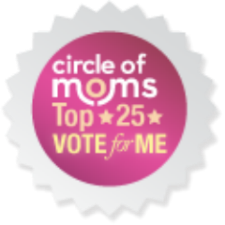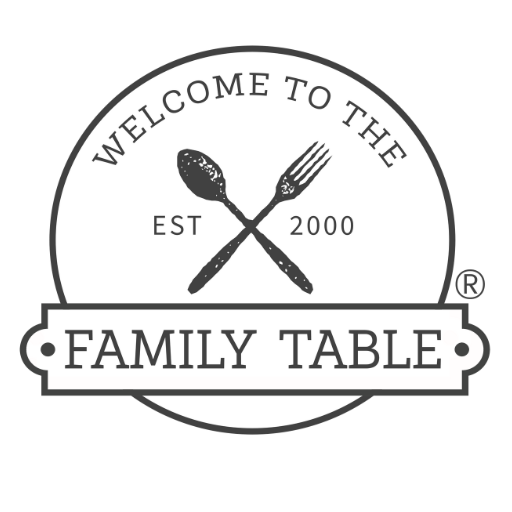Our Charlotte Mason Experience

I am honored and excited to introduce to you:
Mandy, a homeschooling mother of 4, who blogs about family, faith, and homeschooling as a military family over at Mrs. Mandy’s Musings.
I am here to give you a little peek inside our homeschool using Charlotte Mason’s methods. I am sure you have many questions but first a little bit about WHO Charlotte Mason was.
Charlotte was a 19th century British educator who spent the majority of her life striving to improve the quality of children’s education. Her philosophy on educating children included a broad and generous curriculum for all children no matter their social station. Miss Mason believed “Education is an atmosphere, a discipline, a life” and “Education is the science of relations.” She felt all children were born persons and should be respected in that light.
In implementing Miss Mason’s methods there are some key ideas that I would like to mention. The WHAT to do is probably the most obvious place to begin but also the most important as the children’s learning can take place anywhere but how it takes place is the cornerstone.
- Living Books – Books written by an author passionate about his subject and with a great command for the English language, communicating great ideas instead of dry facts and “dumbed down” writing styles.
- Narration – Telling back that which was read, these can be oral, written or drawn and must come after a single reading with no interruptions or corrections during the act of narrating.
- Habit Formation – Creating habits of learning to help children in being responsible for their own education.
- Lesson – Short, concentrated, focused lessons to encourage the habit of attention and alternating lessons to encourage progress and to avoid fatiguing the child mentally.
- Dictation – Used to teach spelling and reinforce grammar by example. Dictation involved the child studying a passage until he is sure to be able to reproduce all the spelling, capitalization, and punctuation in the passage. As the teacher dictated the student would reproduce the passage while the teacher carefully watched for any mistakes and would correct it immediately.
- Copywork – Used to teach handwriting, a student was expected to copy a passage perfectly to reinforce the habit of good penmanship. A small amount of perfect work versus an entire page of sloppy work.
- Art and Music – Studying a great artist and composer by spending time with their works over a sixty day term gives the children direct contact with the best art, usually coinciding with the time period being studied in History.
- Poetry, Shakespeare, and Nature Study were read and studied regularly as well.
- Foreign Language and Handicrafts – These were taught in a living setting, that is in a setting where the skills taught were necessary, handicrafts were to produce a useful piece.
I believe all these points are important to creating an educational atmosphere, one that a child will enjoy learning and strive to make it his life. I want to show you a bit of how Charlotte Mason looks in our homeschool.
Reading, Art & Music
Since we first began I have realized there was no reason we had to study history in a certain order and we could study the things that interested us. We began using unit studies incorporating the Mason methods into our studies. Using living books as our base we added in the studies of music and art and to keep it all straight we make timeline figures and place them on our wall timeline.
Foreign Language, Handicrafts & Nature Study
We have chosen to study Latin and do daily work in that.
Handicrafts have been a great source of enjoyment in the past and while we have neglected them this year we will be returning to this work this fall. It is an aspect of school we have sorely missed. We often would use them as gifts for family members and I do believe they were the most enjoyed.
Nature Study is our out of doors time and we relish it. To simply look and observe may not seem like much but some of the children’s most astonishing discovering have taken place during our weekly outings (usually in the form of a walk). We all keep a journal with sketches and notes about what we see.
Math, History, Bible
We keep our lessons short and simple, doing math drills daily and lots of hands on learning. When errors are made we relearn the material if needed. Our Dictation and Copywork come from the Bible verses, Poems or History books we are studying.
Poetry, Narration & Habits
In lieu of testing we use narration as a benchmark for learning. After a child’s lesson they tell back that which they remember there by cementing the information in their own minds and alerting us to misunderstood concepts. I typically require a narration a day from the subject of my choosing. For my younger children a drawing or oral narration suffices but for my older ones a written and an oral narration is required.
We study a poet a month and strive to memorize one poem every week or two.
Our habit training is a bit slow as this has been my weak spot for a long time. I just have trouble with following through. However, when I am consistent the children really blossom and are much better about their work and in taking responsibility for it. They seem to take more pride in it when I am actively training them in the habits of attentiveness, obedience, truthfulness, neatness, respect, and many others. I have used a few different resources for this but the ones that I find work best are from Doorposts.
Why we use Charlotte Mason methods in our home:
We love books and a much more natural organic way to learning. My husband and I are lifelong learners and strive to instill that in our children.
So there you have it the Who, What, and Why of our Charlotte Mason homeschool experience.
Mandy is a Christian military wife and mother of 4. She can often be found creating messes while trying to educate her children at home. You can find her blogging at Mrs. Mandy’s Musings about almost anything but she does try to keep it short.
Dear Friends,
If you enjoy reading my blog, would you please take 30 seconds of your time to vote for me? I’ve been nominated for the Top 25 Homeschooling Blogs on Circle of Moms. Click the icon below and it will take you to the voting page and just click “vote”! You can do this once every 24 hours thru June 27. Thank you for all your support. I truly am blessed by each and every one of you!

